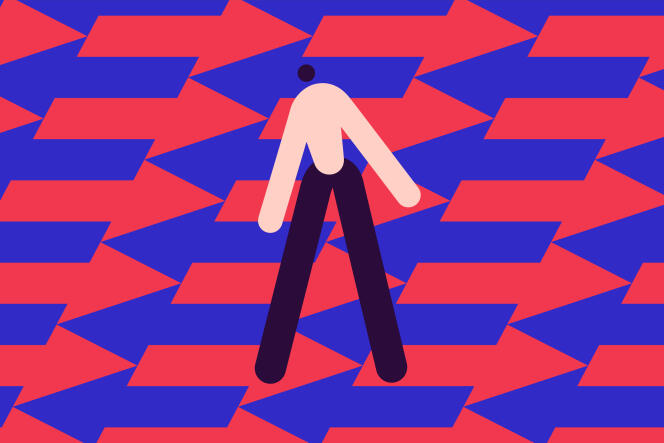“Would you like to round up to 19 euros to help Secours populaire distribute meals to the most deprived? » SO ? So, at the checkout, there are those who automatically press “green”, those who pay attention to the cause in question, those who do not have the means (over the last five years, 26% of French people have had to call on solidarity to get by, according to an Odoxa survey produced for Leetchi and published in October) and those who refuse on principle. According to a study carried out in 2019 by France Générosités, the union of associations and foundations, a third of potential donors have never said yes when paying for their shopping by bank card.
November 8, the now famous “rounded in cash” celebrates its 10th anniversary. It has become widespread, to the point of subjecting consumers to multiple daily demands. Designed to be almost painless, based on the idea of small streams that make big rivers, microdonation brought in 14 million euros in 2022 – twice as much as in 2020 (thanks in particular to the development of a new tool for what we call “embedded generosity”: salary rounding, when the microdonation is taken directly from the pay slip).
But, in the same way that Leetchi prize pools have changed what “giving a gift” has long meant for most of us (thinking about it in advance, choosing it, going to buy it, being afraid of having made a mistake, etc.), perhaps with the microdonation something of the spirit of the gift as we understood it until then is lost. What is the meaning of a 17 cent donation, the kind you don’t even dare to make in the street? In other words, is microdonating really giving?
The donation must cost
The criticisms aroused by the 10 million euros offered by the billionaire CEO of LVMH, Bernard Arnault, to Restos du coeur – roughly the equivalent of our 17 centimes at the Franprix checkout – have reminded us: the donation loses of its value if it is painless. A bit like a psychoanalysis session, the gift must cost. But, if it costs nothing, then why refuse to microdonate?
Rounding on payment, says the crowdfunding site KissKissBankBank, which in 2020 bought MicroDON (the start-up which launched in France the concept of rounding at checkout for the benefit of charitable works), is a “cross-channel solution compatible with many collection and payment players”. The discomfort felt by some at the time of checkout could be summed up by this corporate language and all that it suggests: the gift without contact, without emotion, void of human relations, carried out by intermediary companies, embedded in a commercial exchange.
You have 70% of this article left to read. The rest is reserved for subscribers.
